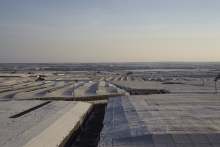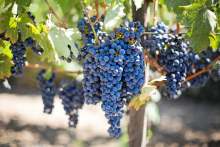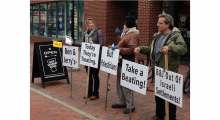The disaster of deforestation
If the Amazon fires were bad last year, they threaten to be even worse this summer. Deforestation in the region has soared amid the tragedy of Covid-19 and official data shows July fires are up 28% on last year. Far from natural, these fires are started deliberately to burn deforested land and prepare it for agriculture. Rising temperatures due to climate change cause them to burn out of control making things even worse for the climate. The fires also kill wildlife and cause breathing difficulties and long term health issues for millions of Brazilians as acrid black smoke hangs in the air for many months.
When forests are destroyed, the risk of future pandemics also increases. Wildlife is forced into closer contact with people, enabling deadly viruses to pass from animals to humans.
Three out of four new infectious diseases in people come from animals, many of them whose primary habitat is dense tropical forests like the Amazon. The more forest that’s destroyed, the more people come into contact with wildlife, the greater the risk of a new pandemic. As animals are confined to smaller and smaller areas of forest, they can also swap infectious microbes with each other, which raises the chances of novel virus strains.
Supermarket responsibility
Yet, supermarkets continued to sell meat with links to deforestation. Produce from meat producer JBS continues to line supermarket shelves and fills burgers, nuggets and buckets of chicken from the Scottish Highlands to the Cornish coast and everywhere in between – despite the company’s reported role in deforestation.
Many UK food retailers committed to remove deforestation from their supply chains by 2020, and yet they also continue to buy meat reared on South American soya. Along with meat production, soya farming for animal feed and other uses is a primary cause of deforestation.
Tesco uses more soya for animal feed than any supermarket in the UK. They have the power to help break this destructive cycle. But so far they’ve taken no meaningful action.
Our health, the future of the world’s forests and the stability of the climate depends on us eating less meat and dairy. If we all replaced most of the meat we eat with plant based food, less land would be needed to feed more people with all the calories and nutrition for a healthy diet.
Tesco argues that the UK government needs to sort out the problem but, although vital, legislation could take years to come into force and would need to be strong enough to really deal with the problem. Companies hold a huge amount of power and influence over our food system; this is no time to sit back and wait.
Has Tesco forgotten its mantra? 'Every little helps'. Two simple steps would help protect people and planet - drop forest destroyers now and halve meat sales by 2025. As Tesco’s CEO said himself: “The entire food industry, including retailers, must act."






